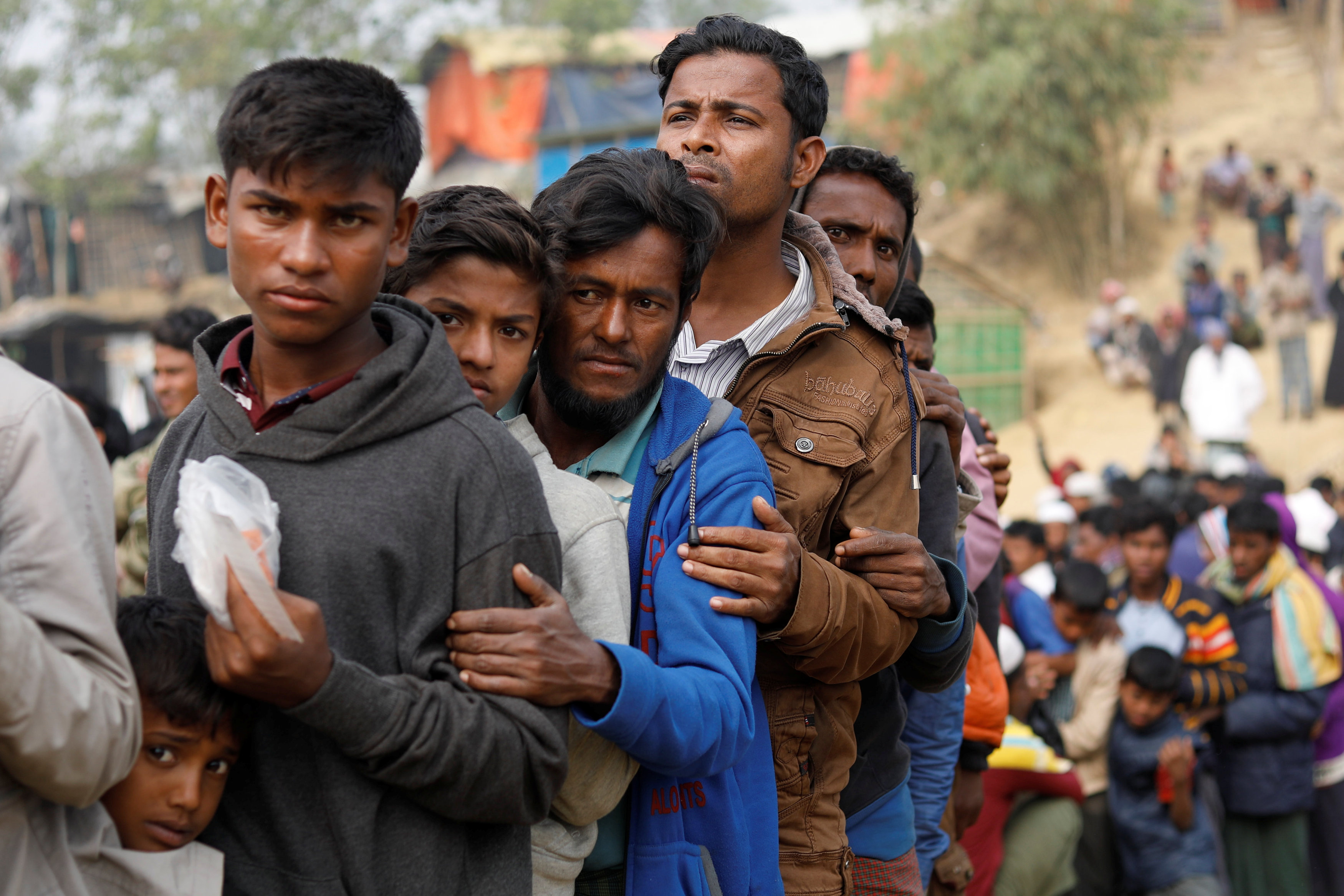Bangladesh agrees with Myanmar to complete Rohingya return in two years
DHAKA: Bangladesh said on Tuesday it would complete the process of returning within two years many of the hundreds of thousands of Rohingya Muslims who had fled a conflict in Myanmar, following a meeting of the neighbours.
The bilateral repatriation plan, which Myanmar said would begin next Tuesday, was greeted with some scepticism from NGOs, who said it did not adequately address questions of safety, livelihoods and permanent resettlement.
A statement by the Bangladesh foreign ministry said the return effort envisages “considering the family as a unit,” with Myanmar providing temporary shelter for those returning before rebuilding houses for them.
Bangladesh would set up five transit camps to send Rohingyas to two reception centres on the Myanmar side of the border, the statement said. “Myanmar has reiterated its commitment to stop (the) outflow of Myanmar residents to Bangladesh,” it said.
The statement also called for repatriating orphans and “children born out of unwarranted incidence”, a reference to cases of rape resulting in pregnancy, a Bangladesh foreign ministry official said.
The rape of Rohingya women by Myanmar’s security forces was widespread, the United Nations and activists say. The military denies it was involved in any sexual assaults.
The crisis erupted after Rohingya insurgent attacks on security posts on Aug. 25 in the western state of Rakhine triggered a fierce military response that the United Nations denounced as ethnic cleansing. Some 650,000 people fled the violence.
The military denies ethnic cleansing, saying its security forces had mounted legitimate counter-insurgency clearance operations.
VERIFICATION PROCESS
The meeting in Myanmar’s capital Naypyitaw was the first for a joint working group set up to hammer out the details of the November repatriation agreement.
The Myanmar government did not immediately issue its own statement after the meeting on Tuesday.
Ko Ko Naing, director general of Myanmar’s Relief and Resettlement Department in the Ministry of Social Welfare, told Reuters by phone that Myanmar had signed the agreement with Bangladesh and was aiming to start the repatriation process by Jan. 23.
‘LIVING LIKE PRISONERS’
A group of refugees at the Kutupalong Rohingya camp expressed doubt about the two “temporary settlement” camps Myanmar has agreed to establish on its side of the border.
Mohammad Farouk, 20, who arrived in Bangladesh from Maungdaw following the Aug. 25 attacks, said exchanging one camp for another made little difference - except ”the camps in Myanmar will be far worse, because we will be confined there and there will be a risk to our lives.”
Another resident of the Kutupalong camp compared the new transit camps to ones set up near the Rakhine state capital of Sittwe following bouts of violence in previous years ”where people are living like prisoners”.
“First, ask the military to give those Rohingya their homes and property back, then talk to us about returning,” said the Rohingya refugee who did not want to be identified.
Some said the kind of violence they witnessed toward their community in Myanmar made it hard for them to trust the military. “Even if I don’t get food or anything else here, at least there is safety. I won’t feel safe if I go back to Myanmar,” said Rashid Ahmed, 33.
Noor Alam, 37, who came to Kutupalong five months back, wondered if he could ever get a job in Myanmar. “They don’t even call us Rohingya. Until they consider us citizens we won’t go back.”
If forced to go back, Alam said he would tell Bangladesh authorities to “kill me here instead.”
Some young men in the camp worried they might be arrested on accusations of terrorism if they returned. “I will stay here. I will work at a tea shop, mobile phone shop. I will do anything,” said Mohammed Rafiq, 14.






